Global South countries have been told to harmonize their regulatory approaches for biotechnology and new breeding techniques.
Kenya’s National Biosafety Authority (NBA) chief executive, Dr Roy Mugiira, said many countries in the Global North have adopted a common approach to regulating these new technologies. The Global South should learn from them and follow suit.
“The United Kingdom, for example, enacted legislation based on the approaches that we have taken,” said Mugiira.
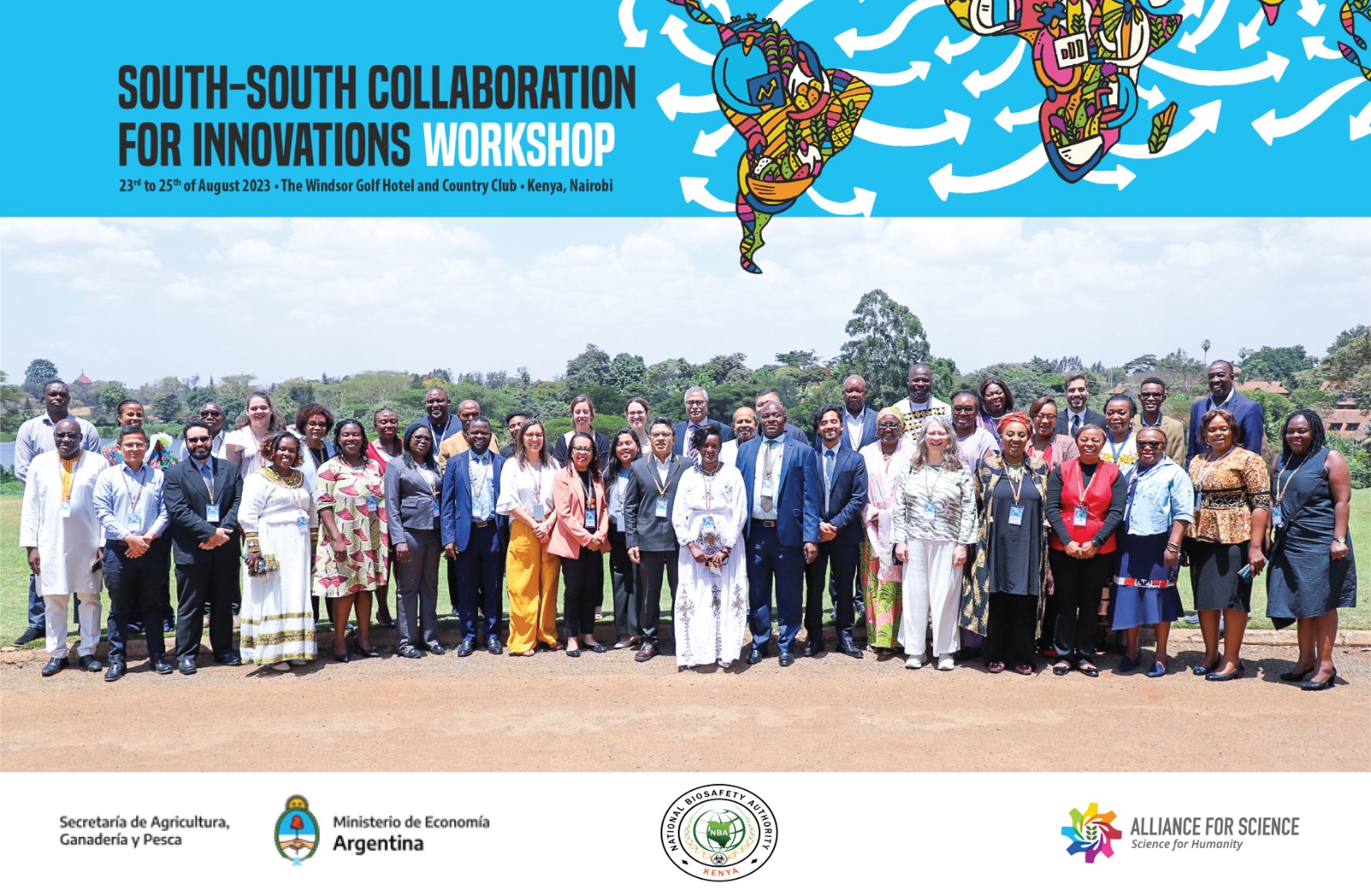
He spoke at the South-South Collaboration for Innovations Workshop in Nairobi, Kenya, on August 23, 2023.
The Alliance for Science (AfS) is hosting the three-day workshop in collaboration with Argentina’s National Direction of Bioeconomy and the National Biosafety Authority of Kenya.
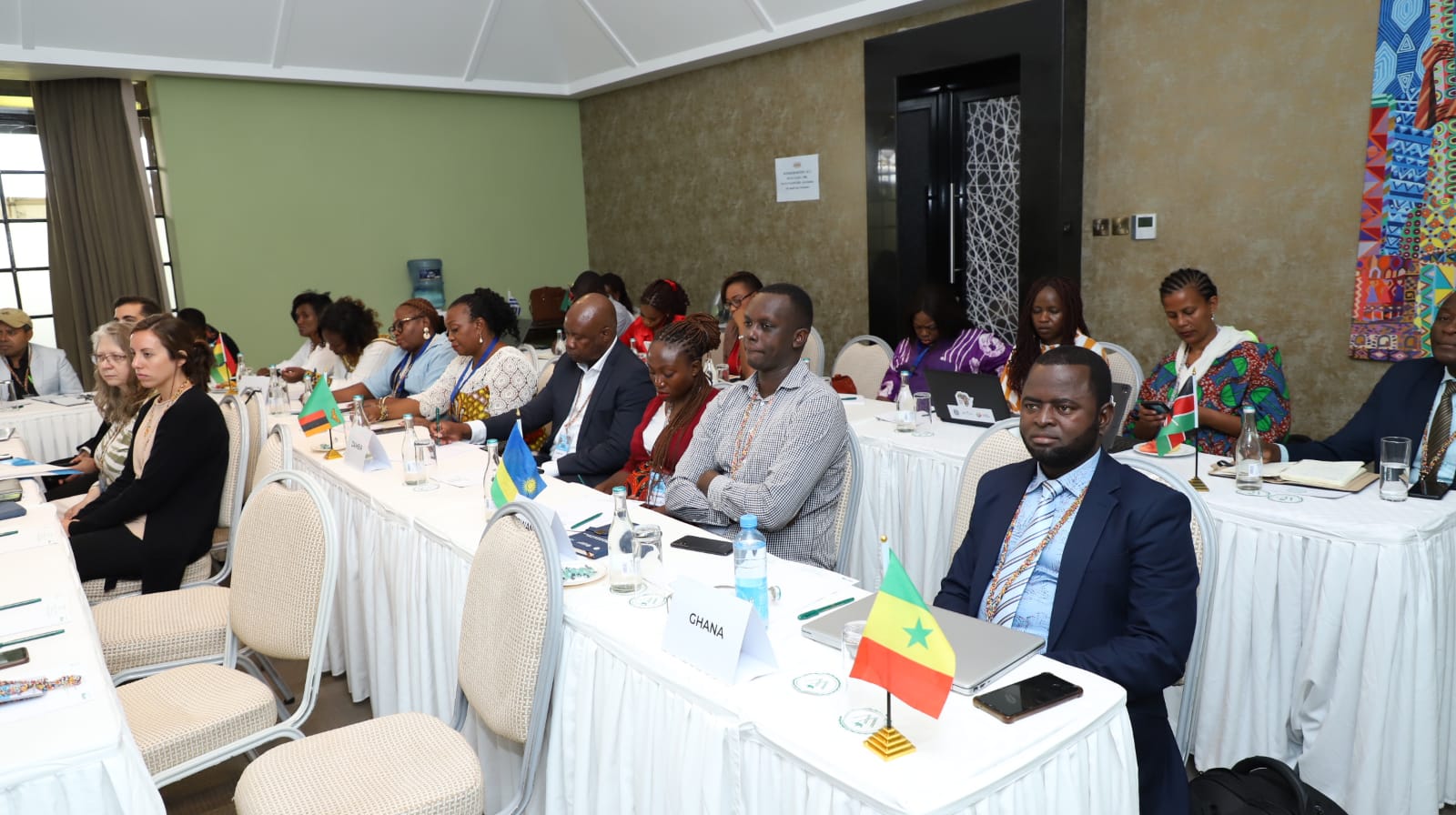
It brings together over 40 technical and policy officials from Africa, Latin America, and Asia with a strong and active policy or operational role in developing or implementing regulations related to emerging innovative agricultural technologies.
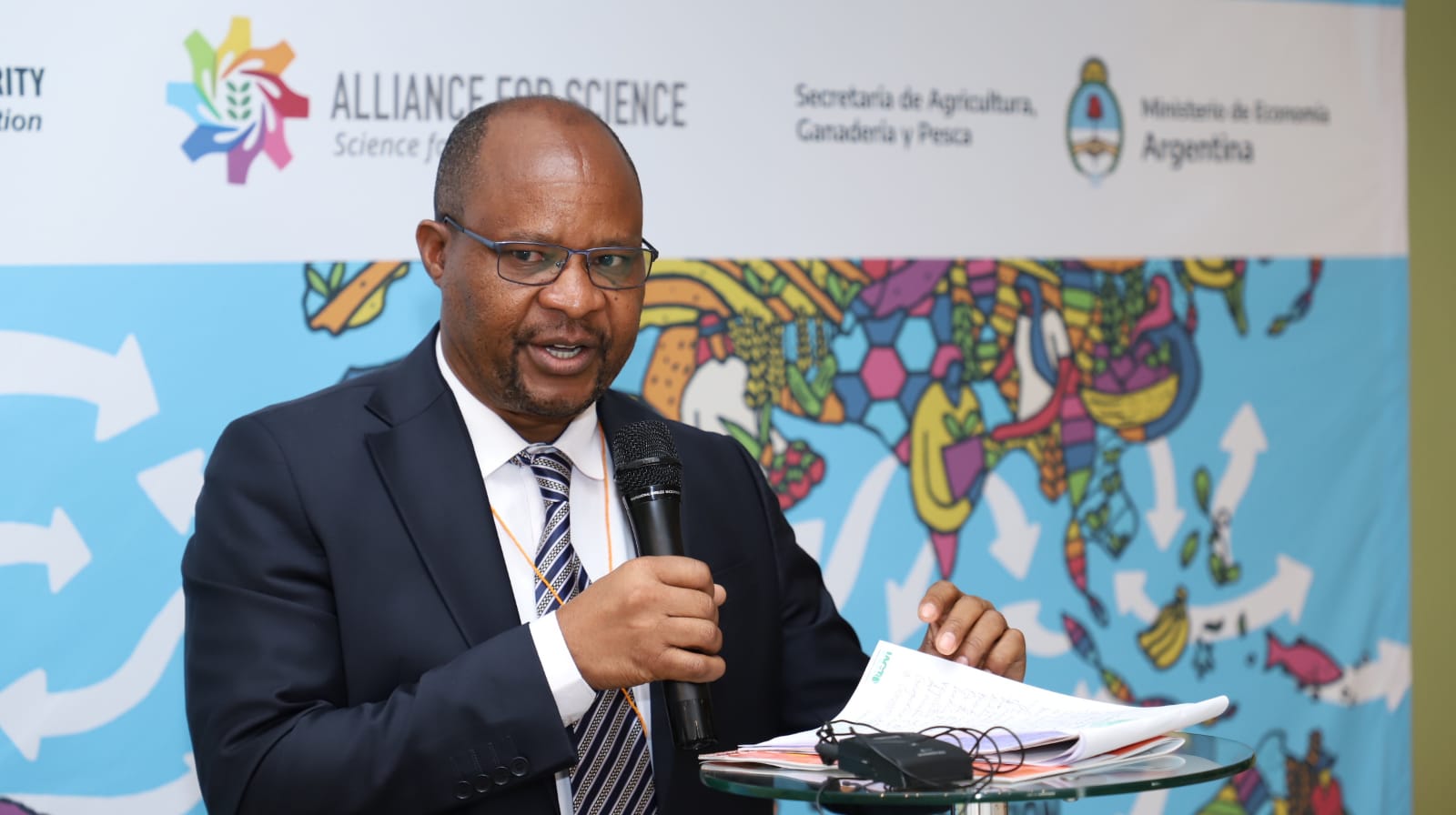
Mugiira said Kenya and Argentina are leading the way in defining science-based regulatory approaches for the new techniques to balance enhancing innovation while ensuring safety in bio-innovation.
One of the workshop’s objectives is to create space for sharing knowledge on a regulatory approach to gene editing that fosters local innovation.
It will take Argentina’s approach to gene editing as a case study and discuss how governments can make decisions to foster local scientists to develop new ideas for addressing food security and the biodiversity and climate crisis.
Mugiira said the workshop comes against a backdrop of tremendous development in bio-innovation and its regulatory frameworks.
“For example, genome editing presents unprecedented possibilities in bio-innovation,” he said.
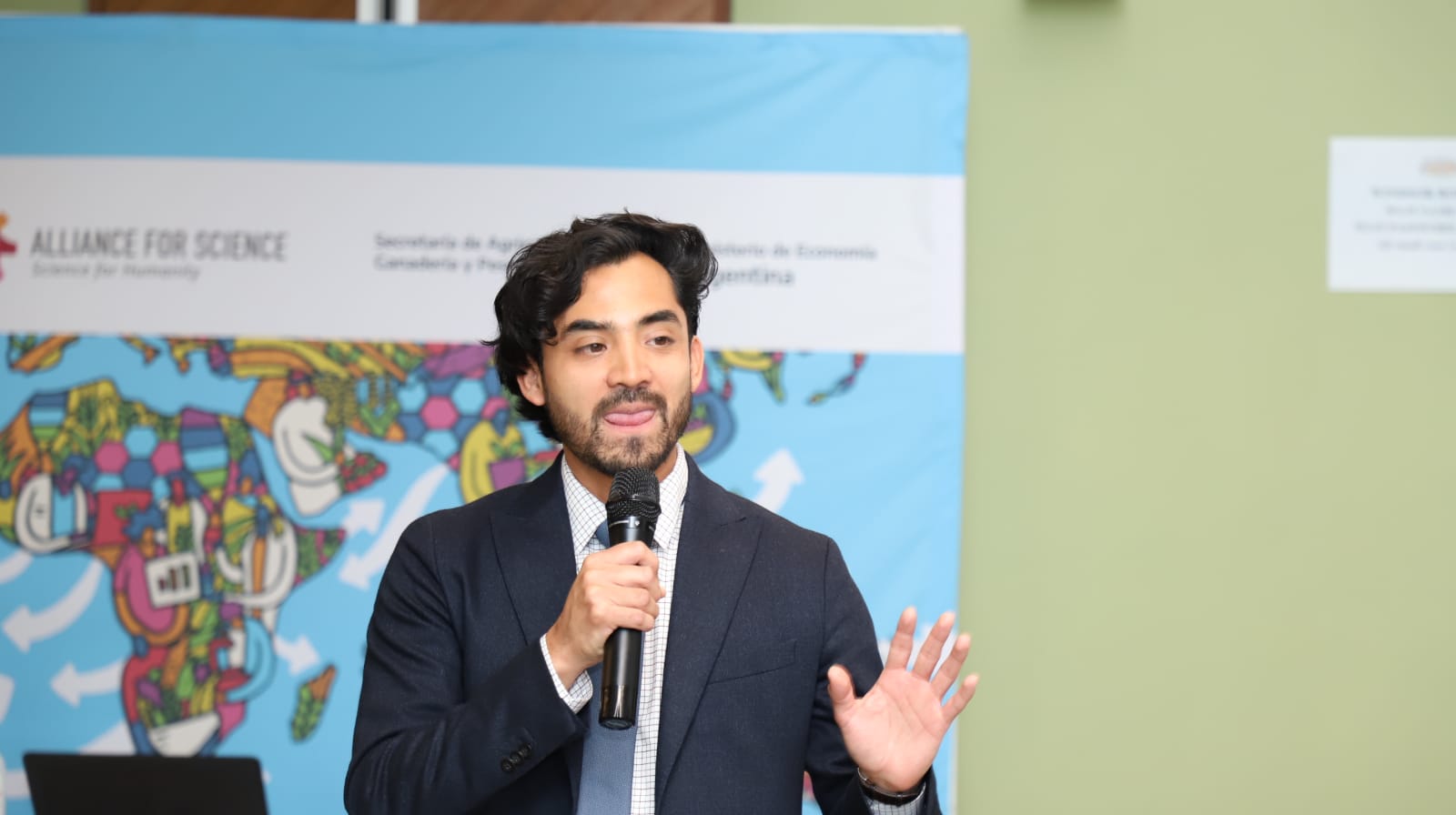
Pablo Orozco, the Global Director for Policy for the Alliance for Science, said one of the workshop’s objectives is to create space for sharing knowledge on a regulatory approach to gene editing that fosters local innovation.
He said there are a lot of lessons that the Global South countries can learn from each other on how they regulate new technologies.
Promoting more collaboration
“Countries from the Global South have had less equality on the global scale unless we come together. We’ve always grouped ourselves by regions such as Africa, Latin America, Asia, or Southeast Asia.
“But now we are promoting more collaboration across the globe so that we can learn from each other and see how to make best use of the technologies that are building up in our own countries,” said Orozco.
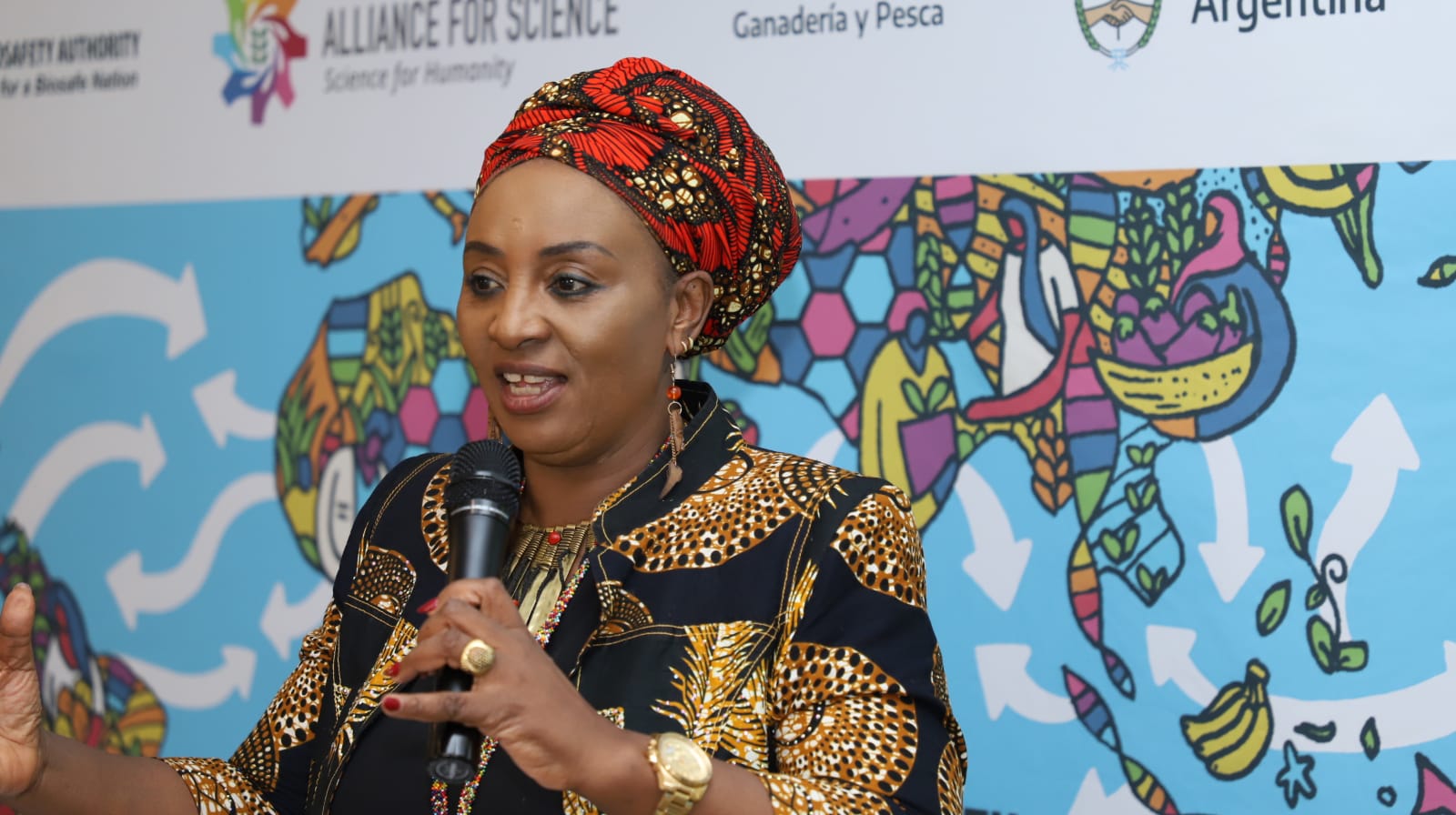
Dr Sheila Ochugboju, the Alliance for Science Executive Director, said misinformation on biotechnology is rife, and Global South countries need to join hands in dispelling it.
“The misinformation is like a tsunami, so we talk about it. You will also see us talk a lot about misinformation on global health and health communication generally in the future,” said Dr Ochugboju.
A 2022 study by the Alliance for Science showed that about a fifth of Africa’s media coverage on GMOs contained misinformation.
There is tension between Kenya and Tanzania after the government approved farming and importing genetically modified crops.
The workshop takes place on the sidelines of the Association of Environmental Law Lecturers in African Universities (ASSELLAU) 5th Scientific Conference and General Assembly in Nairobi.
Speaking at the workshop, Prof Hamudi Majamba from the University of Dar es Salaam’s School of Law said in Africa, every country is struggling to develop its regulations for biotechnology, while regional blocs such as the East African Community (EAC), the Southern Africa Development Community (SADC) and the Economic Community of West African States (ECOWAS) are coming up with the same.
Utilization of genetic resources
This creates a potential for conflict among the regulations, he said.
“In the EAC, there is tension between Kenya and Tanzania after the Kenyan government approved farming and importing genetically modified crops, and there is a possibility of them finding their way into Tanzania, which has not legalized the same,” said Prof Majamba.
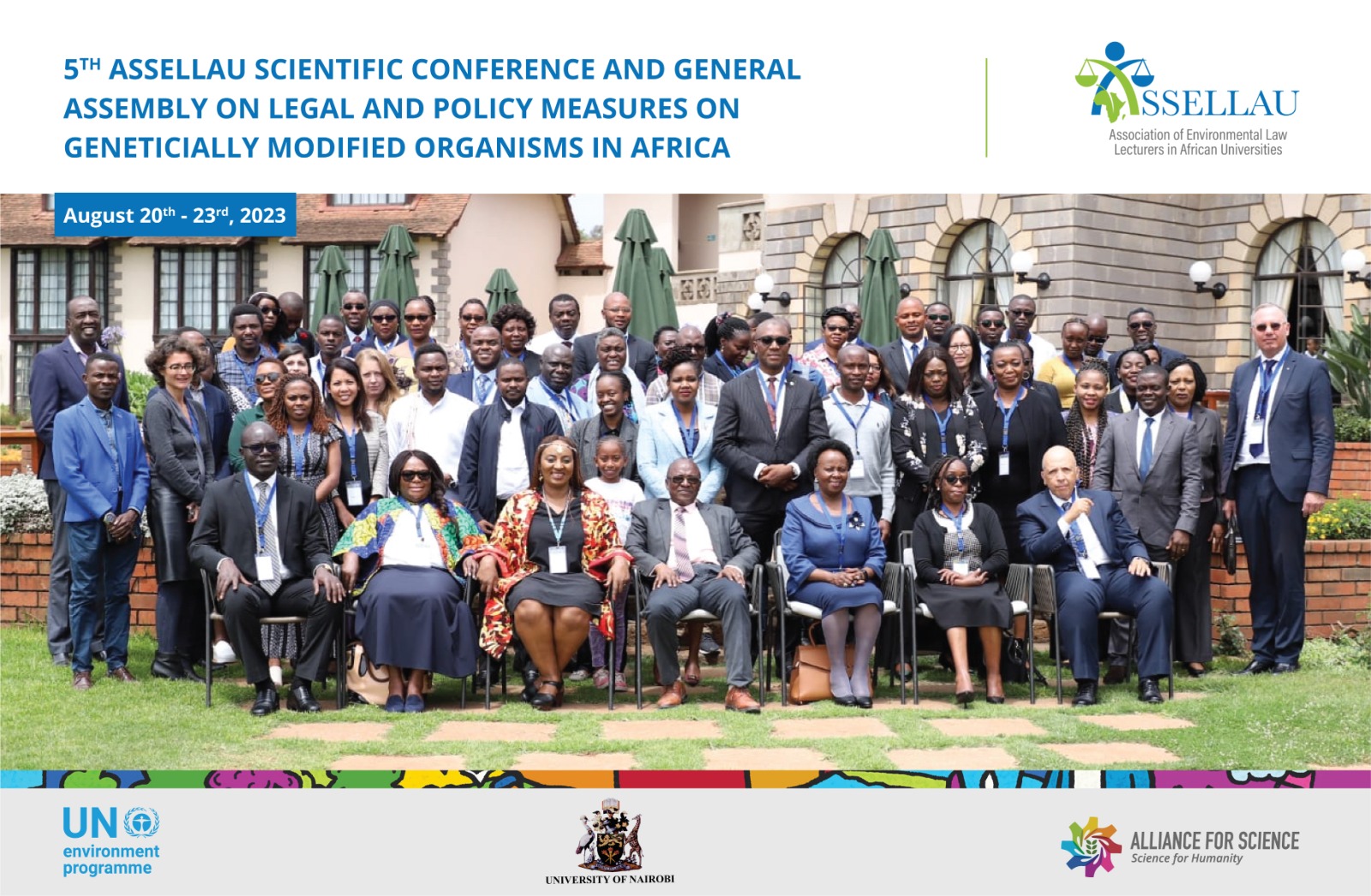
During the ASSELLAU conference, it emerged that only seven African countries have laws regulating GMOs.
Studies indicate that implementing biosafety and food/feed safety regulations is crucial within a larger international framework that impacts the availability and utilization of genetic resources in food and agriculture.
Countries must overcome overlaps in public perception of new breeding tools, including gene editing and genetic modification, as people still do not understand the difference between them.
Mugiira said the development of biotechnology needs to move hand in hand with communication to facilitate informed policy and legislative development.
He said several challenges and opportunities exist around communicating policies and regulations in new breeding technologies.
Perception-based approach to regulation
“We have a learning opportunity on what worked and what did not as we communicated these technologies. The trouble we are dealing with today is that the development of the technologies went ahead of communication, leading to misinformation,” he said.
“We want to do it right this time so that we communicate as the technology develops and as we conceptualize approaches for regulation.”
“Some countries have adopted a perception-based approach to regulation such that the regulations have lumped up genome editing together with GM technology under the same regulatory framework.”
He said countries must overcome overlaps in public perception of new breeding tools, including gene editing and genetic modification, as people still do not understand the difference between them.
“There are a lot of grey areas around that. As a result, some countries have adopted a perception-based approach to regulation such that the regulations have lumped up genome editing together with GM technology under the same regulatory framework,” said Mugiira.
Standardized form of referencing
Another challenge, he said, is the varied terminologies used for NBTs.
“We consistently say gene editing, genome editing, new breeding tools, but we must have a standardized form of referencing these new and emerging technologies for purposes of communication and avoid the expression I have seen on many occasions that this one is safer than GMO,” he said.
_______________________________________________________________________________________________
Godfrey Ombogo is an editorial consultant, consulting science editor, and writer for Media for Environment, Science, Health and Agriculture (MESHA) in Kenya. He has been a reporter, sub-editor, and quality assurance editor at Daily Nation, The Star, and The Standard, respectively. He has also written for Talk Africa, an online multimedia content platform.
